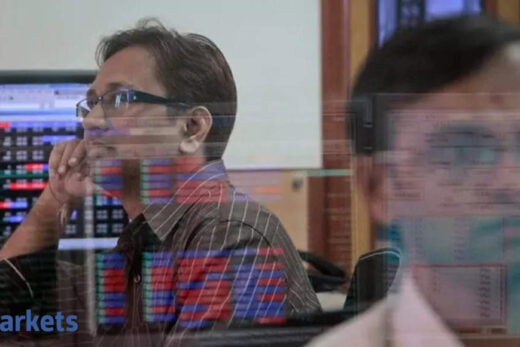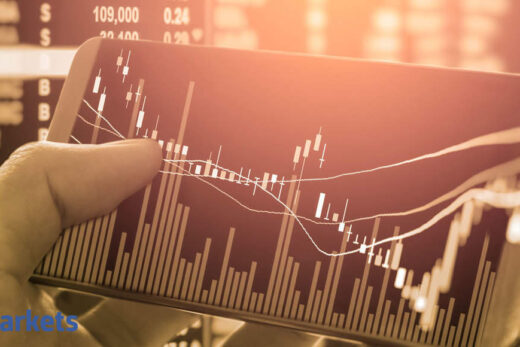Defaults on margin calls by Archegos Capital, a family office run by former Tiger Asia manager Bill Hwang, caused a clutch of banks to rapidly unwind billions of dollars of his leveraged trades.
Credit Suisse and Japan’s Nomura have borne the brunt of those losses, with the Swiss lender warning it could have a “material impact” on its profits, but details of who else was exposed to Hwang are still emerging.
Japanese financial firm Mizuho Financial Group Inc may face a loss of 10 billion yen ($90 million) from deals with Archegos, the Nikkei newspaper reported on Thursday.
“We refrain from making comments on individual deals, but we don’t currently see any issue that may affect our profit forecast,” a spokeswoman for Mizuho said, adding the bank does not conduct prime brokerage services globally.
Mizuho’s US subsidiary has lent to Archegos, the Nikkei reported.
Mizuho rival Nomura has said it expects to book a $2 billion loss on Archegos.
Credit Suisse is expected to detail in the coming days the scale of the losses it is facing as a result of its dealings with Archegos, according to a source familiar with the matter. Two sources close to the bank said they could be as high as $5 billion, a figure the bank has declined to comment on.
Switzerland’s second largest lender has lost almost a quarter of its value over the past month, hit first by worries over its exposure to collapsed UK supply chain firm Greensill and then Archegos. Supply chain funds run by the bank had invested $10 billion in securities issued by Greensill, and it is not clear how much of that they will get back.
The bank said in a notice to investors on Wednesday that it expects to get the “majority” of that money to be recovered.
Its shares were up 2.66% on Thursday though still down 18% for the week, while Nomura closed up 0.22% but is down 19% since Monday.
Credit Suisse’s CoCo, or contingent convertible dollar bond maturing Dec 2023 has fallen more than three cents in price since last Friday and is now trading at 107.7 points, the lowest since July, MarketAxess data shows.
Average daily trading volumes in the bond spiked in March over $1.9 billion compared to February levels of $710 million .



